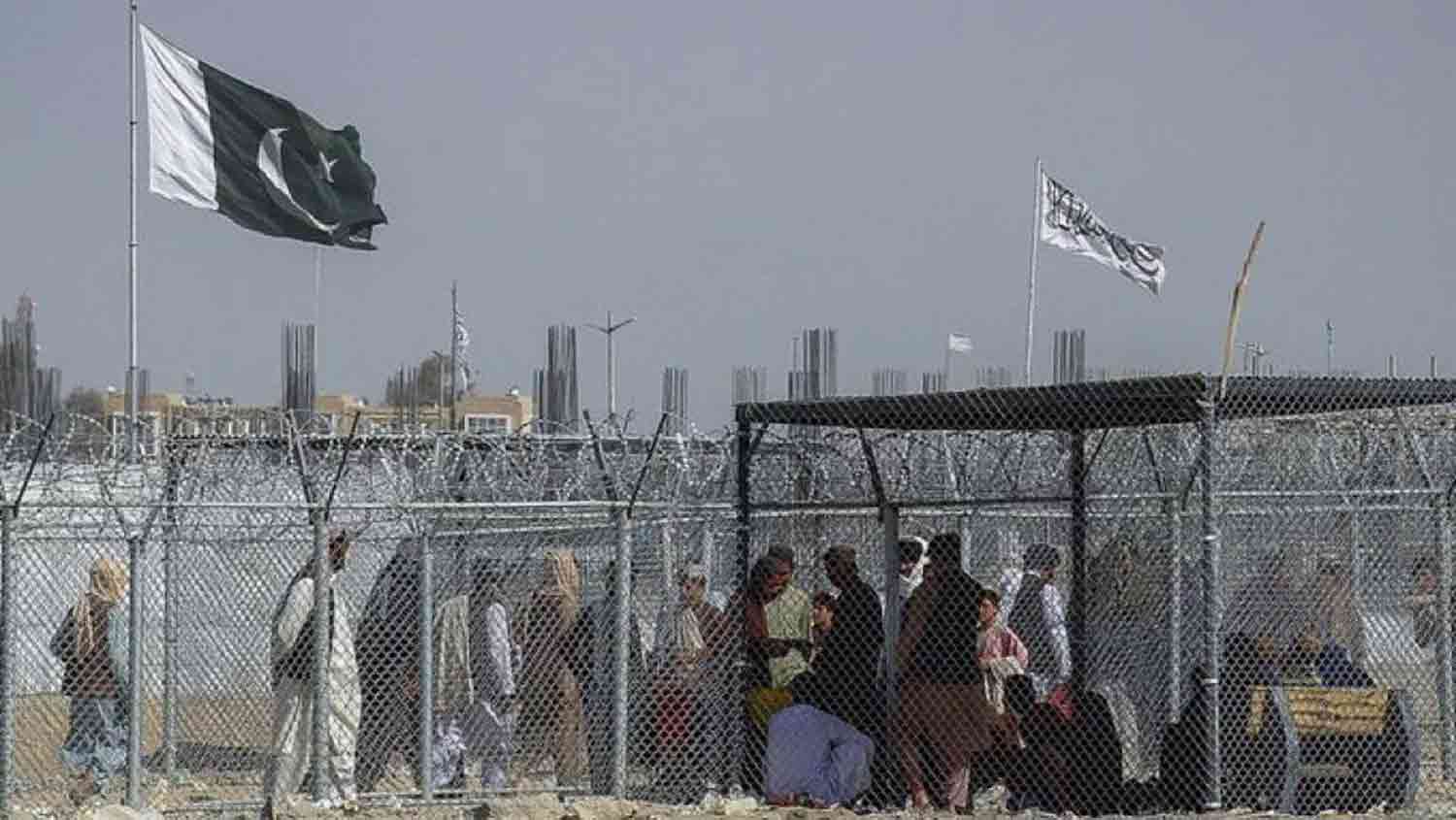Russian air defense officials may have inadvertently targeted an Azerbaijani passenger aircraft over Chechnya during a Ukrainian drone assault, according to analysts and experts from Ukraine, Kazakhstan, and Azerbaijan.
Moscow may have further exacerbated the situation, which one expert labeled a “crime,” by preventing the damaged aircraft from landing nearby and instead directing it to Kazakhstan.
This assessment arises amid increasing reports from unnamed Azerbaijani officials and other analysts attributing blame to Russia for the incident, which resulted in the deaths of at least 38 individuals.
The Kremlin asserted that flight AZAL 8432, carrying 67 passengers, collided with a flock of birds shortly after entering Russian airspace en route to Grozny, the capital of Chechnya.
However, within hours, images and videos emerged showing significant damage to the aircraft, including deep holes and numerous pockmarks on its tail.
Experts noted that the damage resembles that inflicted by the Pantsir-S1, a Soviet-era air defense system employed in Chechnya to counter Ukrainian drone threats. At that time, Chechen air defense forces claimed to have successfully intercepted all attacking drones.
A Kazakh aviation safety expert stated, “It is ludicrous and criminal to suggest that a bird could inflict such damage.” He requested to remain anonymous due to the arrest of blogger Azamat Sarsenbayev, who was detained for ten days after documenting the crash site.
Alisher Ilkhamov, director of Central Asia Due Diligence, a London-based think tank, remarked to Al Jazeera, “The arrest of the blogger indicates that they were acting on orders from the Kremlin.”
In addition, Flightradar24, an international flight tracking service, reported that the aircraft experienced “GPS jamming and spoofing,” tactics commonly employed to counter drone assaults.
Russian aviation authorities prohibited the plane from landing at any nearby airports, compelling the pilots to navigate over the turbulent Caspian Sea in an attempt to reach the western Kazakh city of Aktau, where the plane ultimately crashed near the airport.
Ilkhamov noted, “They aimed to attribute the incident to a bird strike, but ultimately, the Kazakh blogger thwarted their narrative.”
For many years, Kazakhstan has been one of Russia’s staunchest allies in Central Asia, with President Qasym-Jomart Toqayev having invited Russian troops to assist in suppressing a popular uprising in 2022.
The Kremlin has yet to respond to the increasing allegations regarding Russia’s potential involvement in the aircraft’s downing.
“I have no further comments,” Kremlin spokesperson Dmitry Peskov stated to reporters in Moscow on Friday. “We do not believe it is our place to make assessments, and we will refrain from doing so.” Moscow has urged against speculation regarding the plane crash’s causes, emphasizing the need for investigators to complete their work first.
Should it be confirmed that Russian air defense was responsible for the incident, both the Kremlin and Chechnya’s leader Ramzan Kadyrov would have “violated every international regulation possible,” according to Ihor Romanenko, a former deputy head of Ukraine’s armed forces who specialized in air defense for many years.
“They committed a crime. They were apprehensive, fearing it might be a provocation,” he remarked, attributing the oversight to Kadyrov’s “psychosis” stemming from recent Ukrainian drone strikes that targeted military installations in Grozny.
Regarding Russia’s choice to prevent the plane from landing on its territory, Romanenko commented: “They intended to eliminate these exhausted, distressed, injured individuals.”
In the meantime, certain Russian media have suggested that Ukrainian drones were responsible for damaging the aircraft, while state-run television channels have claimed that birds and fog were to blame for the crash.
“They are delusional. It was shrapnel that caused the damage,” asserted Andrey Pronin, a pioneer in the use of drones within the Ukrainian military and head of a school for unmanned aircraft pilots in Kyiv.
Baku has yet to officially release the findings of its investigation; however, numerous Azerbaijani officials and experts have asserted that the crash was caused by Russian air defense systems.
In 2014, a Malaysian passenger aircraft went down in regions controlled by separatists in southeastern Ukraine.
All 283 passengers and 15 crew members lost their lives, and a Dutch-led inquiry determined two years later that a Russian Buk missile was responsible for bringing down the plane. Several separatists said shortly after the incident that they had mistakenly shot down the aircraft, believing it to be a Ukrainian military plane.
The recent plane crash in Azerbaijan is unlikely to “sever” the relationship between Moscow and Baku, yet it has already tarnished Russia’s reputation in the oil-rich nation, according to a local analyst.
“Baku is unlikely to choose to cut ties with Moscow, but this incident will certainly have a detrimental effect on their bilateral relations,” stated Emil Mustafayev, editor-in-chief of Minval Politika magazine.
“Furthermore, Russia risks losing the last vestiges of its influence among the Azerbaijani public,” he added. “Even those who previously supported Putin now regard Russia with contempt due to its efforts to obscure the truth and evade accountability for the tragedy.”
Chechen leader Kadyrov, a former separatist strongman, often disregards Russian federal laws with his authoritarian policies in the predominantly Muslim Northern Caucasus region.
He has been a prominent advocate for Russia’s extensive invasion of Ukraine, claiming that Chechen troops are at the forefront of the conflict.
However, an analysis by Al Jazeera indicated that their involvement in the war has been minimal, primarily involving intimidation of ethnic Russian soldiers and maintaining order in areas occupied by Moscow.
Discover more from Defence Talks | Defense News Hub, Military Updates, Security Insights
Subscribe to get the latest posts sent to your email.





